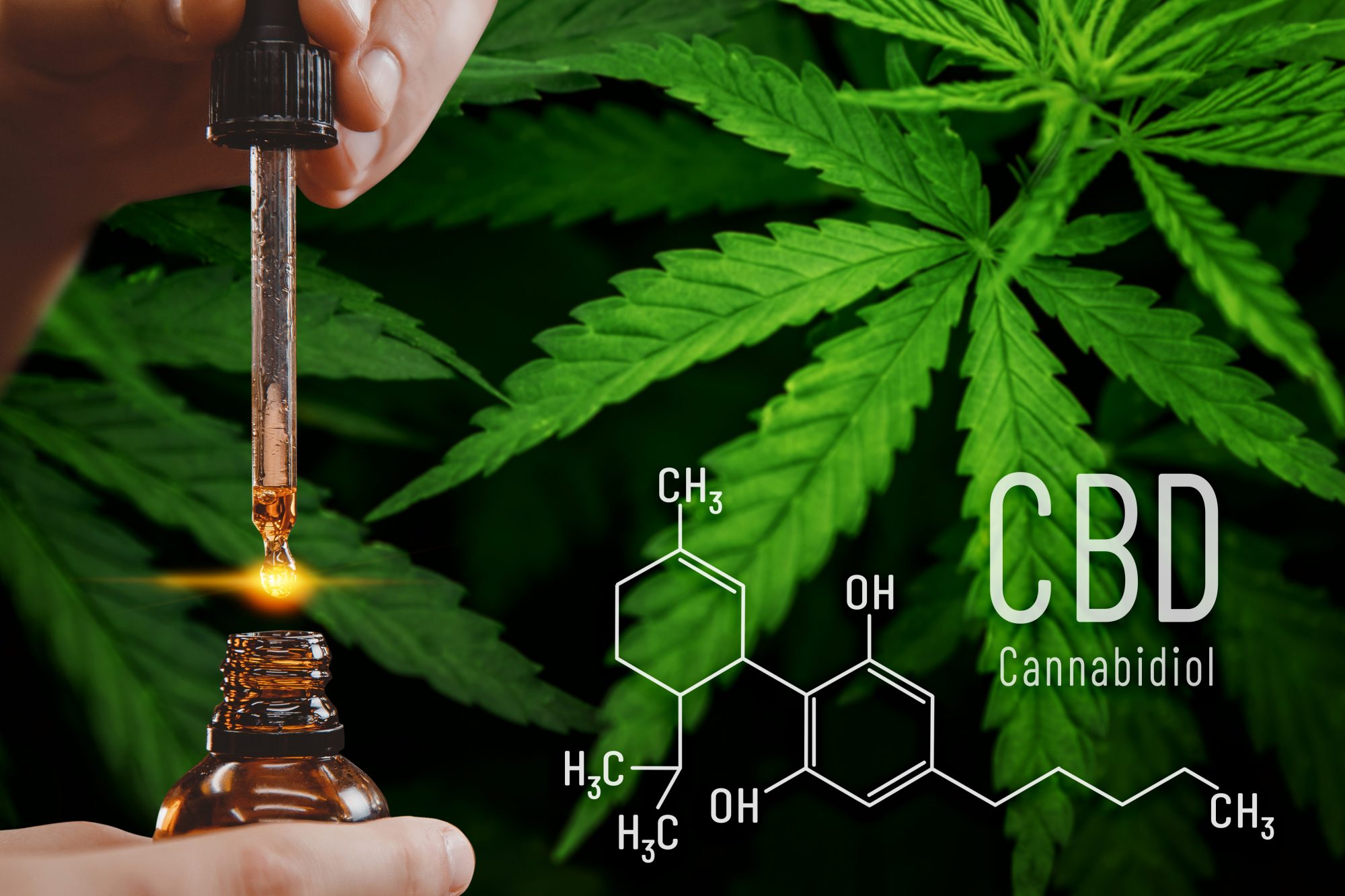CBD (Cannabidiol): An Overview

CBD (Cannabidiol) is a constituent of the cannabis plant. Unlike THC (tetrahydrocannabinol), CBD is non-psychoactive, meaning it does not produce the “high” commonly associated with cannabis use. In the past years, CBD has attracted much attention for its therapeutic effects, so it is one of the most investigated cannabinoids among the components of cannabis.
What is CBD?
CBD is one of more than 100 cannabinoids in cannabis. It does this by binding to the body's endocannabinoid system, targeting CB2 receptors, which are primarily involved in controlling inflammation, immune function, and pain sensation. Although CBD is not selective for binding to CB1 receptors, as compared to THC, CBD modulates the system in a direction that could be useful for mood, pain, and many other physiological processes.
CBD is commonly extracted from hemp (a strain of Cannabis sativa that contains less than 0.3% THC) to ensure it does not cause any psychoactive effects. CBD products can be found in a wide range of formulations such as oils, tinctures, capsules, edibles, and topicals.
Potential Benefits of CBD
CBD has been linked to a wide range of health benefits, making it popular for both medical and wellness purposes. Some of the key benefits of CBD include:
- Pain Relief: CBD is commonly applied to relieve chronic pain and inflammation, especially in the context of arthritis, multiple sclerosis, and neuropathic pain.
- Anxiety and Stress Reduction: Studies suggest that CBD may help reduce anxiety and stress by influencing serotonin receptors, which regulate mood and anxiety levels.
- Improved Sleep: CBD has been shown to promote relaxation and may help improve sleep quality for those suffering from insomnia or sleep disturbances.
- Seizure Management: CBD has been identified as a candidate with antiepileptic effects in the treatment of seizures, including pediatric epilepsy such as Dravet syndrome and Lennox-Gastaut syndrome. Specifically, the U.S. Food and Drug Administration (FDA) has authorized an antiepileptic drug, Epidiolex containing cannabidiol (CBD), for these purposes.
- Neuroprotective Properties: Evidence suggests that CBD may be neuroprotective and may assist with the treatment of disorders such as Alzheimer's disease and Parkinson's disease.
CBD vs. THC: Key Differences
Although both CBD and THC are cannabinoids that are present at physiological levels in humans and other vertebrates, they produce unique effects on the body. The most conspicuous variation is that THC is psychoactive (i.e., "high" but CBD, non-psychoactive, does not exert any intoxicating effects.
This leads to CBD being a compelling choice for those who want therapeutic benefits without altering their mental state.
Furthermore, CBD is often consumed for medical purposes, e.g., for pain relief or therapy in anxiety and THC is mainly used for recreational purposes due to its euphoric properties.
Legal Status of CBD
The legal status of CBD varies depending on location. In several countries, including the United States, phytocannabinol from hemp with a THC content of less than 0.3% is legal but may be subject to regulation. In other parts of the world, CBD may be permissible only for medical purposes, and its legal status may depend upon the statutory framework on cannabis in that jurisdiction.
Conclusion
CBD (Cannabidiol) is a non-psychogenic cannabinoid that has become popular due to its hypothesized therapeutic prospects. Pain relief and anxiety relief, as well as better sleep, and seizure control, are all available with the use of CBD and provide a natural alternative for those desiring wellness solutions. As research advances and with greater recognition, CBD remains a cornerstone in the expanding cannabis industry, offering therapeutic and recreational users with meaningful choices.
